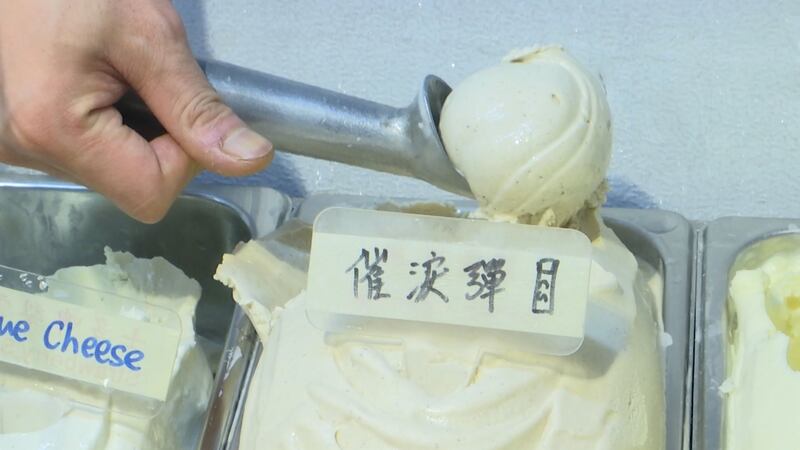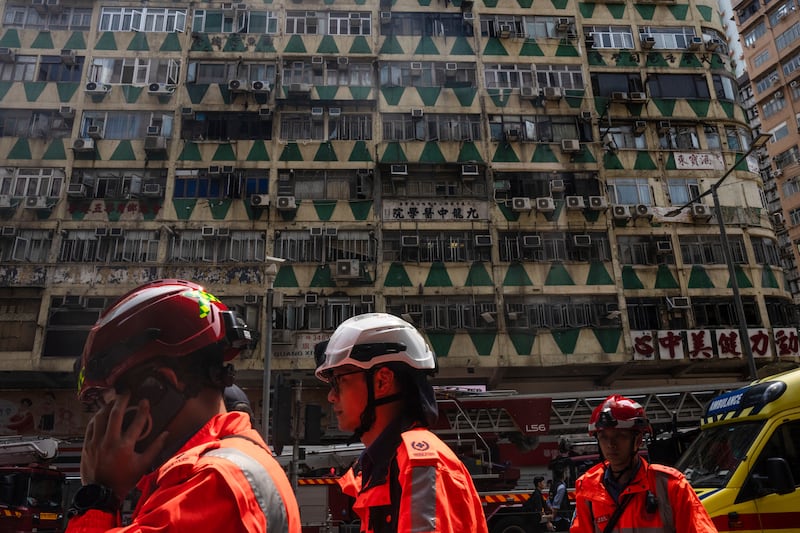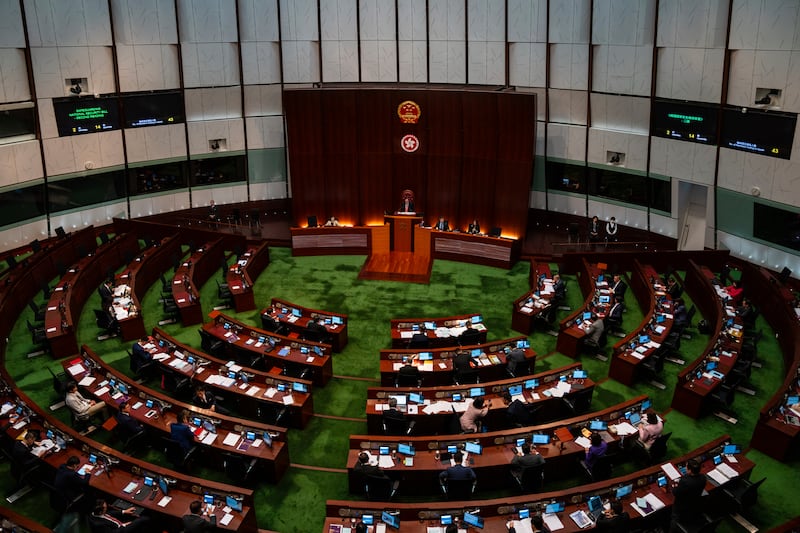Tear gas is among the new flavours at a Hong Kong ice cream shop.
The main ingredient is black peppercorns, a reminder of the pungent, peppery rounds fired by police on the streets of the semi-autonomous Chinese city during months of demonstrations last year.
“It tastes like tear gas,” said customer Anita Wong, who experienced tear gas at a protest. “It feels difficult to breathe at first, and it’s really pungent and irritating. It makes me want to drink a lot of water immediately.
“I think it’s a flashback that reminds me of how painful I felt in the movement, and that I shouldn’t forget.”
The flavour is a sign of support for the pro-democracy movement, which is seeking to regain its momentum during the coronavirus pandemic, the shop’s owner said.
“We would like to make a flavour that reminds people that they still have to persist in the protest movement and don’t lose their passion,” he said.
He tried different ingredients, including wasabi and mustard, in an effort to replicate the taste of tear gas. Black pepper, he said, came closest to tear gas with its throat-irritating effects.
“We roast and then grind whole black peppercorns and make them into gelato, the Italian style. It’s a bit hot, but we emphasise its aftertaste, which is a sensation of irritation in the throat. It just feels like breathing in tear gas,” the 31-year-old owner said.
More than 16,000 rounds of tear gas were fired during the protests, according to Hong Kong authorities, many in densely populated districts where narrow streets are filled with small restaurants and blocks of flats.
The protests began over proposed legislation that would have allowed criminal suspects to be extradited to mainland China to face charges.
While the bills were withdrawn, demonstrations continued over concerns Beijing is eroding the civil liberties granted to the former British colony when it was returned to Chinese rule in 1997.







